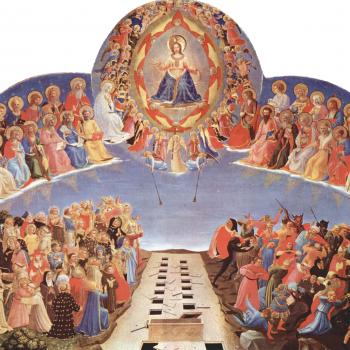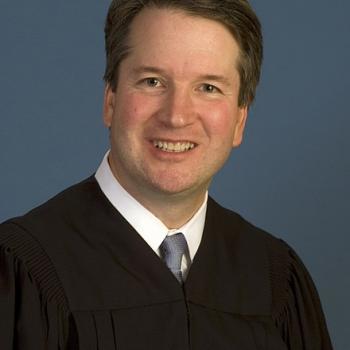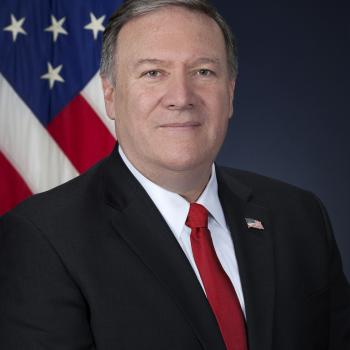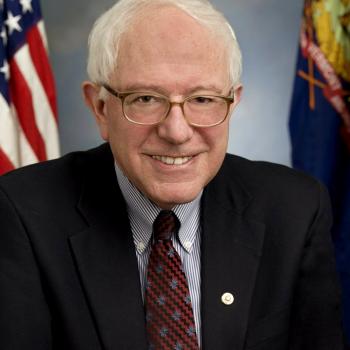President Trump has withdrawn the United States from the Iran nuclear deal, and there doesn’t appear to be any real reason for it other than his opposition to the agreement from the beginning. While it is true that Israeli Prime Minister Benjamin Netanyahu says that his country has acquired intelligence that the Iranians were misrepresenting their nuclear ambitions prior to the signing of the agreement, that is hardly a shocking revelation.
The whole premise of the talks that led to the nuclear deal was that Iran was pursuing a nuclear weapon. If no one thought that Iran had such ambitions, the talks would have been a waste of time. So we must not interpret the Israeli discovery as providing evidence that Iran is cheating on the agreement now. There is no such evidence.
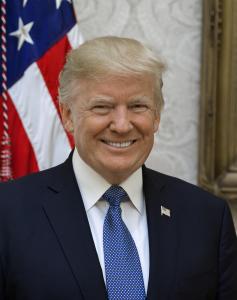 What we are left with, then, is that Mr. Trump is withdrawing from the agreement because he doesn’t like it, regardless of whether the Iranians are in breach. And what this tells the world is that the United States can’t be relied on to live up to its agreements. One president can promise something, and the next president can take it all back. What’s the point in negotiating with a country like that?
What we are left with, then, is that Mr. Trump is withdrawing from the agreement because he doesn’t like it, regardless of whether the Iranians are in breach. And what this tells the world is that the United States can’t be relied on to live up to its agreements. One president can promise something, and the next president can take it all back. What’s the point in negotiating with a country like that?
Unsurprisingly, the United States is getting zero support from its European allies which were also parties to the agreement. As the New York Times reports,
“In a joint statement, [President of France] Mr. Macron, Chancellor Angela Merkel of Germany and Prime Minister Theresa May of Britain noted pointedly that the United Nations Security Council resolution endorsing the nuclear deal remained the ‘binding international legal framework for the resolution of the dispute.’ That raises the possibility that the United States will be found to be in violation in the Security Council.” [1]
That the U.S. might be in violation of international law will be greeted by some Americans with a shrug. “Might makes right” is a maxim too well received among us. But from the standpoint of the international order it is a highly destructive point of view, because laws that cannot be enforced on one are not effectively laws at all. The international order becomes precisely lawless.
But this is unacceptable if we are to achieve peace among nations. As Saint Pope John XXIII observed in his encyclical, Pacem in terris, in “our own day…mutual relationships between States have undergone a far reaching change. On the one hand, the universal common good gives rise to problems of the utmost gravity, complexity and urgency—especially as regards the preservation of the security and peace of the whole world. On the other hand, the rulers of individual nations, being all on an equal footing, largely fail in their efforts to achieve this, however much they multiply their meetings and their endeavors to discover more fitting instruments of justice. And this is no reflection on their sincerity and enterprise. It is merely that their authority is not sufficiently influential.” (Pacem in terris, §134) [2]
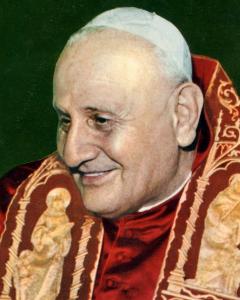 Of course, where sincerity and enterprise are lacking, this problem is exacerbated.
Of course, where sincerity and enterprise are lacking, this problem is exacerbated.
Seeing the future and well-being of humanity left in such a precarious state, John XXIII was “driven to the conclusion that the shape and structure of political life in the modern world, and the influence exercised by public authority in all the nations of the world are unequal to the task of promoting the common good of all peoples.” (Ibid, §135) “Today,” he said, “the universal common good presents us with problems which are world-wide in their dimensions; problems, therefore, which cannot be solved except by a public authority with power, organization and means co-extensive with these problems, and with a world-wide sphere of activity. Consequently the moral order itself demands the establishment of some such general form of public authority.” (Ibid, §137)
We have the United Nations, of course, which also existed in John XXIII’s day, and was commended by him. But we have seen how, in its current configuration, it has been unsuccessful in putting an end to international bloodshed. But it gives us something to build on. With the caution that a world authority should never be imposed on a nation by force, it was John XXIII’s “earnest wish that the United Nations Organization may be able progressively to adapt its structure and methods of operation to the magnitude and nobility of its tasks.” (Ibid, §145)
A strengthening of the United Nations so that it can serve as an effective restraint against international bellicosity is an obvious need that was championed by the Holy Father. Americans are jealous of their sovereignty, but we need not be afraid of losing any of it if there is an international authority capable of restraining aggression. It will be protection for us as well should we ever fall under the sway of irrational and irresponsible leadership.
The icon of St. Joseph the Worker is by Daniel Nichols.
Please go like Christian Democracy on Facebook here. Join the discussion on Catholic social teaching here.


